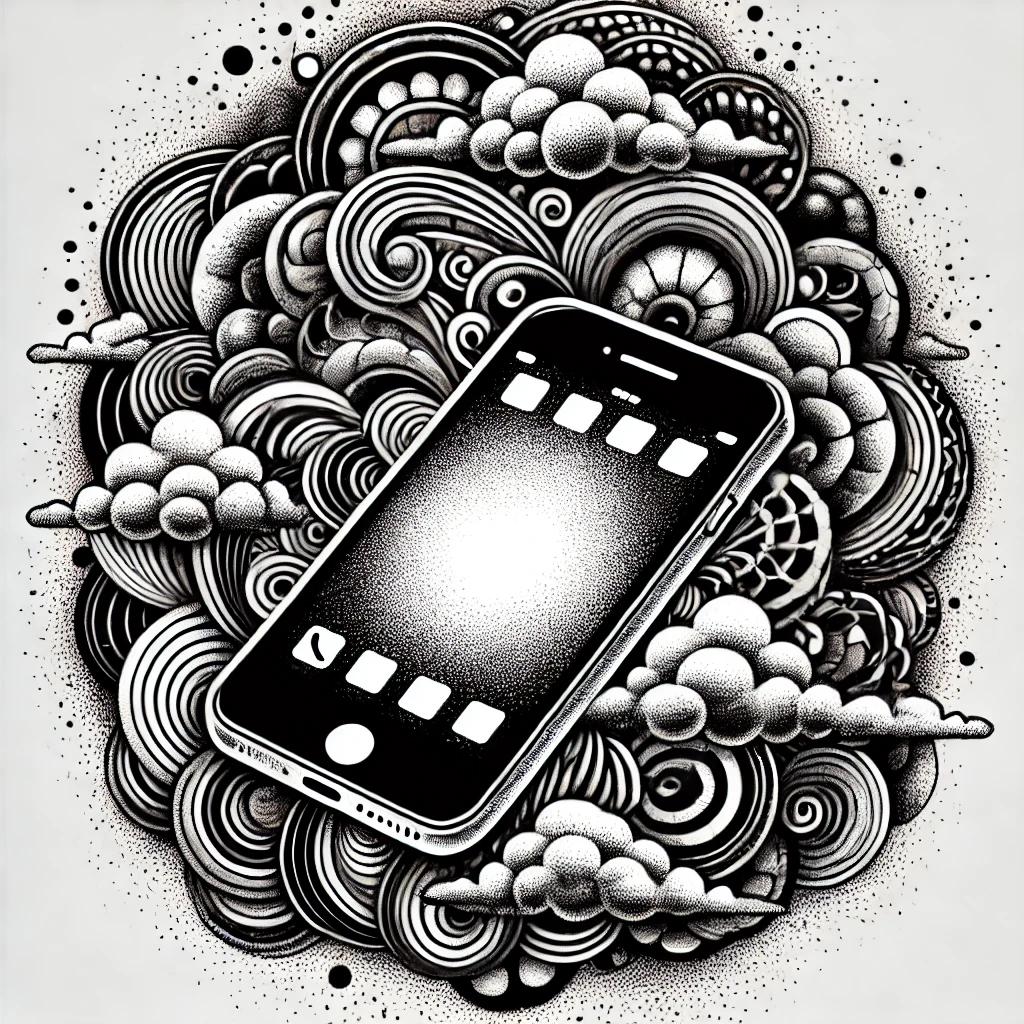🧠 “Brain Rot” Is Oxford’s Word of the Year—Here’s What You Need to Know
In a world saturated with screens, streams, and seemingly infinite scrolls, the term “brain rot” has officially taken center stage as Oxford Dictionary’s 2024 Word of the Year. But this isn’t just internet slang—it’s a cultural touchstone that reflects our tech-soaked lives.
What Is “Brain Rot”?
At its core, “brain rot” describes the mental numbness or deterioration that occurs when we consume too much of something—TikToks, memes, or 12 consecutive episodes of the latest Netflix series. According to Oxford, the phrase has exploded in popularity, experiencing a 230% surge in usage between 2023 and 2024.
But here’s the twist: the term dates back to 1854, first appearing in Henry David Thoreau’s Walden. While Thoreau might’ve been side-eyeing overzealous industrialization, today’s “brain rot” zeros in on digital overconsumption.
Why It Matters in 2024
Casper Grathwohl, president of Oxford Languages, said it best: “‘Brain rot’ feels like a rightful next chapter in the cultural conversation about humanity and technology.” It resonates with a growing awareness of how screen time impacts mental health and underscores a broader societal shift toward reflecting on how we spend our time.
In fact, “brain rot” isn’t just a term—it’s become a meme, a coping mechanism, and a collective sigh among people realizing that maybe, just maybe, bingeing endless short-form content at 2 a.m. isn’t ideal. (We see you, doomscrollers.)
Other Contenders for Word of the Year
Oxford isn’t alone in its focus on culturally relevant language. Let’s take a quick tour of 2024’s other notable picks:
- “Demure” (Dictionary.com): A TikTok-inspired reinterpretation of reserved elegance.
- “Enshittification” (Macquarie Dictionary): A word to describe the decline of online platforms in the name of profit. 🤑
- “Manifest” (Cambridge Dictionary): The feel-good, self-help term of the year.
The Bigger Picture: Internet Culture Meets Real Life
Linguist Tony Thorne explains that the internet has become the playground where language evolves. Slang and jargon like “brain rot” might start online, but their adoption by mainstream culture—and dictionaries—marks a tipping point in how we communicate. As Thorne puts it, “Pop culture has become internet culture.”
A special thanks to Farmington Storage for sponsoring this article. Need a place to store all those books you promised you’d read instead of scrolling TikTok? They’ve got you covered at 155 Scott Swamp Road. Call them at 860.777.4001.
About the Author:
Jack Beckett—your caffeine-fueled guide to all things Farmington. With a bottomless cup of coffee in hand, I dig deep into stories that matter to our community. ☕
Discover More on We Are Farmington
Explore hyper-local news at We Are Farmington. Check out election updates here, zoning insights here, and local job listings here.
Feeling chatty? Message us on Twix (aka X).
At The Farmington Mercury, we’ve got your back—one thoughtful story at a time. #LastToFirst









